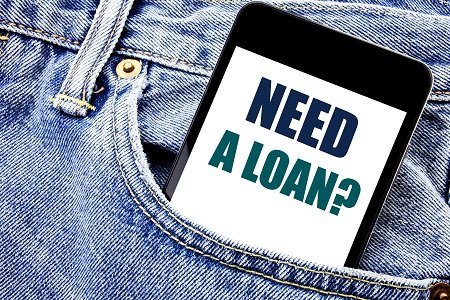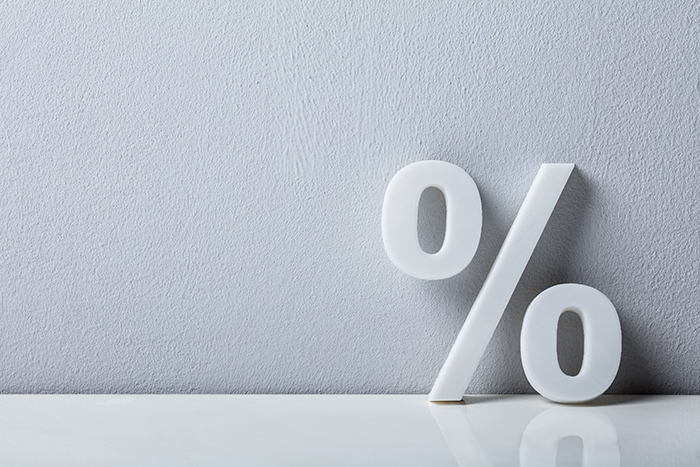Installment loans are a type of loan that allows borrowers to repay the amount they owe over a set period through regular, fixed payments. Unlike revolving credit, where the balance can fluctuate, installment loans are structured with a clear start and end date. Common examples include car loans, home improvement loans, and personal loans, which help people manage significant expenses by spreading the cost over time.
Large purchases can be challenging, especially when they are sudden or unexpected. The total amount can be difficult to determine, whether it’s a new car, a significant home repair, or an expensive medical procedure.
Many people turn to loans as a solution, allowing them to purchase without draining their savings. However, this decision comes with its considerations, particularly when deciding whether to use installment loans.
Interest Rates
Interest rates play a crucial role in determining the overall cost of any loan. They represent the percentage of the loan amount the lender charges for borrowing the money. The higher the interest rate, the more you’ll end up paying over the life of the loan. Interest rates vary widely based on factors like credit score, loan amount, and loan term length.
One of the benefits of installment loans is that they often come with fixed interest rates. This means your payments remain consistent throughout the loan term, making it easier to plan and budget. With a fixed rate, there are no surprises, and you can confidently predict your monthly payments from start to finish.
But, the downside is that if you secure a loan with a high interest rate, you could pay significantly more than the initial purchase price. This is especially true for loans with longer terms, where even a seemingly small interest rate can accumulate into a large amount over time. It’s essential to shop around for the best rates and consider the total cost of the loan before committing.
Monthly Budget Impact
A large purchase can significantly impact your monthly budget, especially if you pay out of pocket. A sudden expense might force you to dip into savings or cut back on other areas of your spending. The financial strain can be even more pronounced with multiple ongoing expenses.
An installment loan can help by spreading the purchase cost over several months or years. This can reduce the immediate impact on your budget, allowing you to maintain your regular spending habits without feeling overwhelmed. With fixed monthly payments, you can incorporate the loan repayment into your budget more quickly than a large, one-time payment.
Conversely, committing to monthly loan payments over a long period can strain your finances in the long run. If your financial situation changes or an unexpected expense arises, keeping up with the payments might become challenging. It’s important to ensure that the monthly payments fit comfortably within your budget and that you have a plan for handling any potential financial disruptions.
Loan Terms
Loan terms describe the duration you have to repay the loan and the particular conditions the lender sets. These terms can differ significantly, with some loans needing to be repaid within a few months while others may allow repayment over several years.
One advantage of installment loans is that they offer flexible loan terms, allowing borrowers to choose a repayment period that fits their financial situation. Longer terms typically result in lower monthly payments, making managing the loan more feasible. This flexibility can be particularly helpful when dealing with a large purchase that you might not be able to pay off quickly.
However, longer loan terms come with their drawbacks. The extended repayment period means you’ll pay interest for longer, increasing the loan’s total cost. Additionally, the longer the term, the longer you’ll be committed to making payments, which can limit your financial freedom and flexibility in the future.
Credit Score Considerations
Your credit score is crucial in obtaining any loan, including installment loans. Lenders rely on this score to evaluate your creditworthiness and set the interest rate and loan terms. A higher credit score usually leads to more favorable loan conditions, while a lower score might result in higher interest rates or even challenges in getting approved.
Installment loans can be beneficial for building or improving your credit score as long as you consistently make timely payments. When you pay on schedule, it signals to lenders that you are reliable, which can positively affect your credit history. Over time, this can improve your chances of qualifying for more favorable loan options and lower interest rates.
Conversely, missing payments or defaulting on installment loans can significantly harm your credit score. This can make it harder to obtain credit in the future and may lead to higher interest rates on any loans you qualify for. Understanding your financial commitment and ensuring you can meet the payment obligations to protect your credit score is essential.
Purpose of the Purchase
When considering installment loans, it’s essential to evaluate the necessity of the purchase itself. Large purchases can be tempting, but it’s crucial to determine whether they are essential or simply a desire. Understanding the purpose of the purchase can help guide your decision-making process.
Installment loans can be a great way to finance necessary purchases that would otherwise be out of reach. For example, buying a reliable car for commuting or making essential home repairs can justify taking on debt, as these purchases can improve your quality of life or even save you money in the long run.
However, using installment loans to finance non-essential or impulse purchases can lead to financial strain. Taking on debt for something you don’t truly need can result in long-term regret, especially if you struggle to keep up with the payments. It’s important to carefully consider whether the purchase is worth the financial commitment before taking out a loan.
Conclusion
Choosing a loan for a large purchase requires careful consideration of various factors, including interest rates, monthly budget impact, and loan terms. Evaluating these aspects is crucial to making a wise financial decision. Before committing, assessing your needs, budget, and financial situation is essential to determine if this type of loan is the right choice.
Article written by Tiffany Wagner, [email protected]
Publisher: Source link











